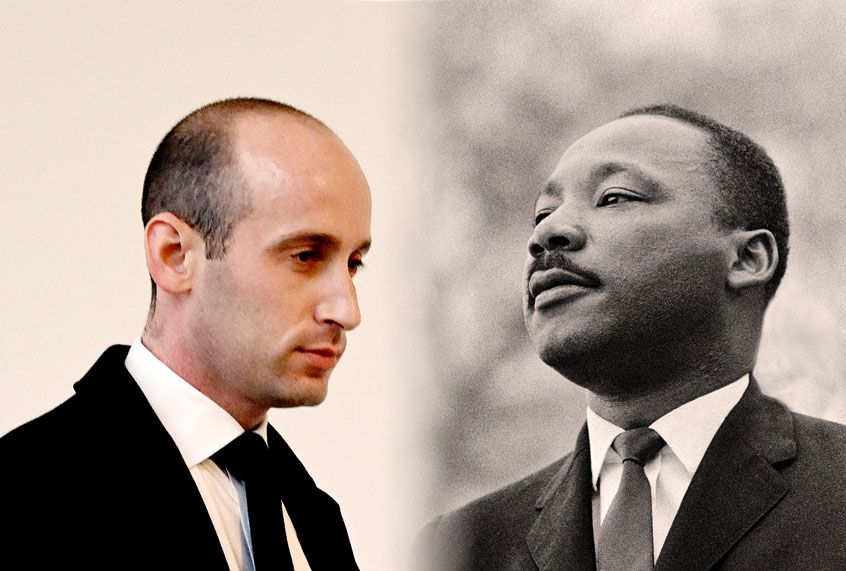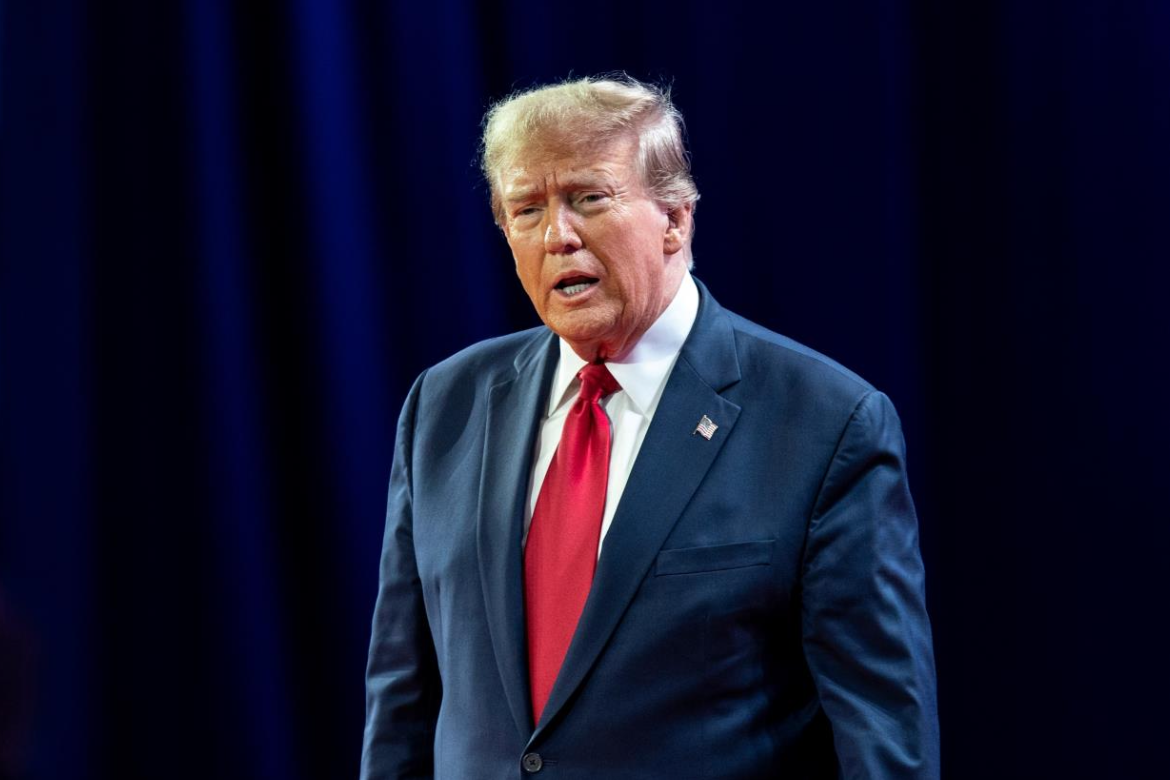- BlackVoter.Org
- Posts
- BlackVoter.Org
BlackVoter.Org


In a recent episode of NPR's "It's Been a Minute," the conversation shifts from sports to politics as co-host Brittany Luse and guests Gene Demby and Joel Anderson delve into the growing political discourse on ESPN, exemplified by the outspoken Stephen A. Smith.
Is Smith, often dubbed a potential presidential candidate for 2028, transforming the sports network into a platform reminiscent of Fox News? They unpack this intriguing intersection of sports commentary and political culture, exploring why sports figures are becoming more vocal on societal issues and what this trend means for the future. As ESPN pivots from classic sports debates to political discussions, the episode raises thought-provoking questions about the role of media in shaping public perceptions in today’s charged environment.

ArtSpace/Lima is celebrating Black History Month with a vibrant showcase of creativity and culture! This month-long event includes dynamic exhibitions, art installations, and interactive workshops that highlight the rich contributions of Black artists and their profound impact on art and society. Visitors can explore visually stunning pieces that resonate with historical themes and contemporary issues, all while engaging in thought-provoking discussions.
Alongside the exhibits, ArtSpace/Lima is hosting special events featuring live performances, artist talks, and community gatherings that invite everyone to participate and celebrate the diversity of Black heritage. Join us in honoring the past, celebrating the present, and inspiring the future through the transformative power of art! Don’t miss this incredible opportunity to immerse yourself in culture, creativity, and community.


In a compelling examination of America’s racial history, the article delves into President Trump's controversial directive to "rewrite" race and gender narratives within historical institutions like the Smithsonian. The author, reflecting on their experiences as a Black activist during the Civil Rights Movement, draws striking parallels between the historical suppression of Black voices and Trump's current political climate.
From the struggles of figures like Harriet Tubman to the ongoing fight for equality seen in movements like Black Lives Matter, the piece underscores the resilience and impactful contributions of Black Americans. Furthermore, it addresses rising authoritarianism and racism in contemporary society, urging readers to remember and honor the sacrifices made throughout history for social justice.
The article powerfully asserts that acknowledging this past is crucial for shaping a more equitable future, especially as challenges to civil rights continue to emerge. Activism and remembrance, it argues, remain essential tools in the fight against systemic oppression.

Discover the incredible legacy of NASA's "Hidden Figures," the pioneering African-American women whose groundbreaking contributions were vital to the success of early space exploration. Celebrated in the film and based on Margot Lee Shetterly's book, their stories are now honored with Congressional Gold Medals.
From Katherine Johnson's mathematical brilliance that supported the first Moon landing to Mary Jackson's engineering expertise, these women defied the odds in a male-dominated field. Their recently celebrated achievements inspire a new generation through educational resources like the NASA Modern Figures Toolkit.

A recent survey by Navigator Research reveals that nearly two-thirds of Americans believe Donald Trump feels he is above the law, echoing similar sentiments from past controversies. Alarmingly, 63% of respondents perceive Trump’s actions, including alleged violations of court orders and risky access to sensitive personal data by Elon Musk, as major threats to democracy.
Among those surveyed, concerns span across party lines, with 65% of independents and 51% of non-MAGA Republicans sharing this viewpoint. Additionally, many Americans are worried about Trump’s aspirations for a third term and the potential closure of federal agencies, seeing these moves as detrimental to democratic norms.
As Trump embarks on his second term, reactions range from accusations of power abuse to a perceived disregard for constitutional boundaries, fueling a national debate about the implications for democracy and governance.

At the recent U.N.
Permanent Forum on People of African Descent, Dr. Benjamin F.
Chavis Jr. took center stage, passionately addressing the issue of digital racism and calling for reparations.
He highlighted the pervasive racial biases encoded within artificial intelligence and digital platforms, linking them back to the historical commodification of Black lives. Chavis firmly urged global leaders to reject media-driven imperialism and institutional racism, advocating for reparatory justice that acknowledges slavery's brutal legacy.
He emphasized the need for an international collective of media organizations owned by people of African descent to combat these injustices. As the forum's theme focused on African unity for reparatory justice amid technological advancement, Chavis' bold declaration underscored the urgency of dismantling algorithmic bias and reimagining how history, especially regarding slavery, is articulated in modern discourse.
His commitment to accurate representation and justice resonated deeply, igniting hope for a more equitable digital future.

In a striking interview with Zerlina Maxwell, Rep. Jennifer McClellan (D-VA04) raises the alarm about what she calls an “absolutely” challenging constitutional crisis in America.
She links recent actions under the Trump administration to fascism, stressing that the erosion of due process threatens the very foundation of democracy. McClellan draws attention to alarming voter suppression tactics like the proposed "SAVE Act," which she likens to a modern-day poll tax, disproportionately affecting marginalized communities.
Her poignant anecdotes reveal a grim reality: If it can happen to others, it could happen to you. The interview dives deep into issues like maternal health disparities among Black women and the broader implications of immigrant treatment in the U.
S. McClellan emphasizes the need for collective action, urging Americans to keep their voices loud and clear, reminding us all that safeguarding democracy requires vigilance from every corner of the nation.